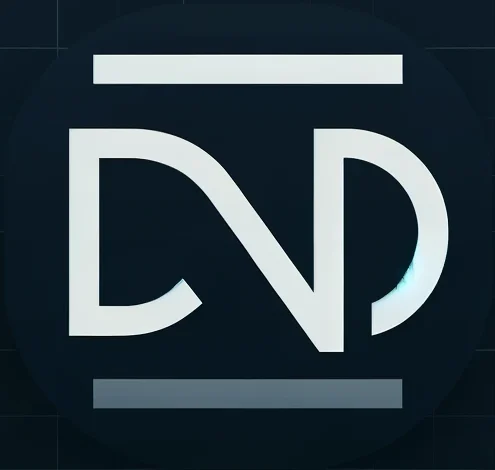Case Study #1: Pre-Alpha Playtesting of ExoGP: A Community-Centric Approach in Product Management
Introduction
In the rapidly evolving landscape of video game development, ExoGP stands out as a groundbreaking combat racing title. Developed by Atmos Labs, this AAA web3 game combines thrilling racing with rich lore and real economic outcomes. A key to its development strategy has been the implementation of pre-alpha playtesting. This is not just for gameplay refinement but as a vital tool for community building. This case study delves into how pre-alpha playtesting aligned the expectations of ExoGP’s early adopters with the team’s needs. Ultimately, this empowered them to become advocates for the game.
Objectives
The primary objective of the pre-alpha playtesting phase was multifaceted: to gather comprehensive feedback on gameplay elements like ease of play and controller functionality, to engage the community in content creation through screenshots and videos, and to encourage players to share their experiences on social media. Strategically, this aligned perfectly with Atmos Labs goals. Generating hype, creating a sense of exclusivity, and incorporating agile methodologies in game development were the desired outcomes.
Community Engagement Strategy
I built a vibrant community with a particular focus on platforms like Discord and Twitter. By sharing experiences and conducting internal team playtests, I utilized both anthropological methods and industry-specific engagement strategies. This not only met, but exceed community expectations. I based the selection of playtesters on criteria like sentiment, activity, ownership, and hardware capabilities. This helped ensure a dedicated and capable group of early testers.
Distribution and Access
I and my community team distributed playtesting keys through emails and private Discord threads, balancing exclusivity with accessibility. The 24-hour playtest window was a strategic sweet spot, offering ample time for meaningful engagement without overextending team resources.
Feedback Collection and Analysis
The community team used Google Forms, interviews, and focus groups to collect feedback. Questions focused on user interface, gameplay, and overall experience. I analyzed and presented this data on a weekly basis. Data like hard numbers and qualitative sentiments provided valuable insights to internal stakeholders for immediate action and long-term strategy.
KPIs and Success Measurement
The HEART and AARRR frameworks guided the selection of relevant KPIs, which included total playtime, longest single session, best lap time, average frames per second, and social media engagement. These KPIs were instrumental in evaluating the game’s appeal, performance, and community impact, leading to significant improvements in the gaming experience.
Challenges and Risk Management
Potential risks like insufficient hardware capabilities and pre-alpha build leaks were smartly mitigated. By initially selecting testers with advanced hardware and embracing the sharing of pre-alpha imagery, I turned potential risks into opportunities for community engagement and feedback.
Impact and Future Plans
This pre-alpha playtesting phase has been pivotal in building a strong sense of community, providing a foundation for future playtesting, game development, and event organization. It has reinforced the commitment to community stewardship and has become a cornerstone for Atmos Labs’ community engagement strategy.
Budget and Resource Allocation
Efficient use of existing resources characterized this phase, with minimal additional budgetary needs. The challenge lay in internal advocacy, emphasizing the importance of early community engagement and transparent progress sharing.
Timeline and Phases
Spanning several months, the project was methodically rolled out in phases, starting from foundational planning to internal stakeholder engagement, prototype development, and the launch of the first production version of playtesting. The ongoing phase continues to focus on iterative improvements based on community feedback.
Conclusion
The pre-alpha playtesting phase of ExoGP has been a testament to the power of community engagement in the realm of game development. By strategically integrating feedback mechanisms, employing robust KPIs, and fostering a sense of ownership among its community, I not only enhanced the development of ExoGP but have also cultivated a loyal fan base eager to advocate for and contribute to the game’s success. The lessons learned from this phase—embracing community feedback, turning risks into opportunities, and the importance of agile response to user input—will undoubtedly shape the future development of ExoGP and other titles under their banner. This case study serves as a compelling example of how early and engaged community involvement can lead to meaningful improvements in product development and foster a vibrant and dedicated user base.
